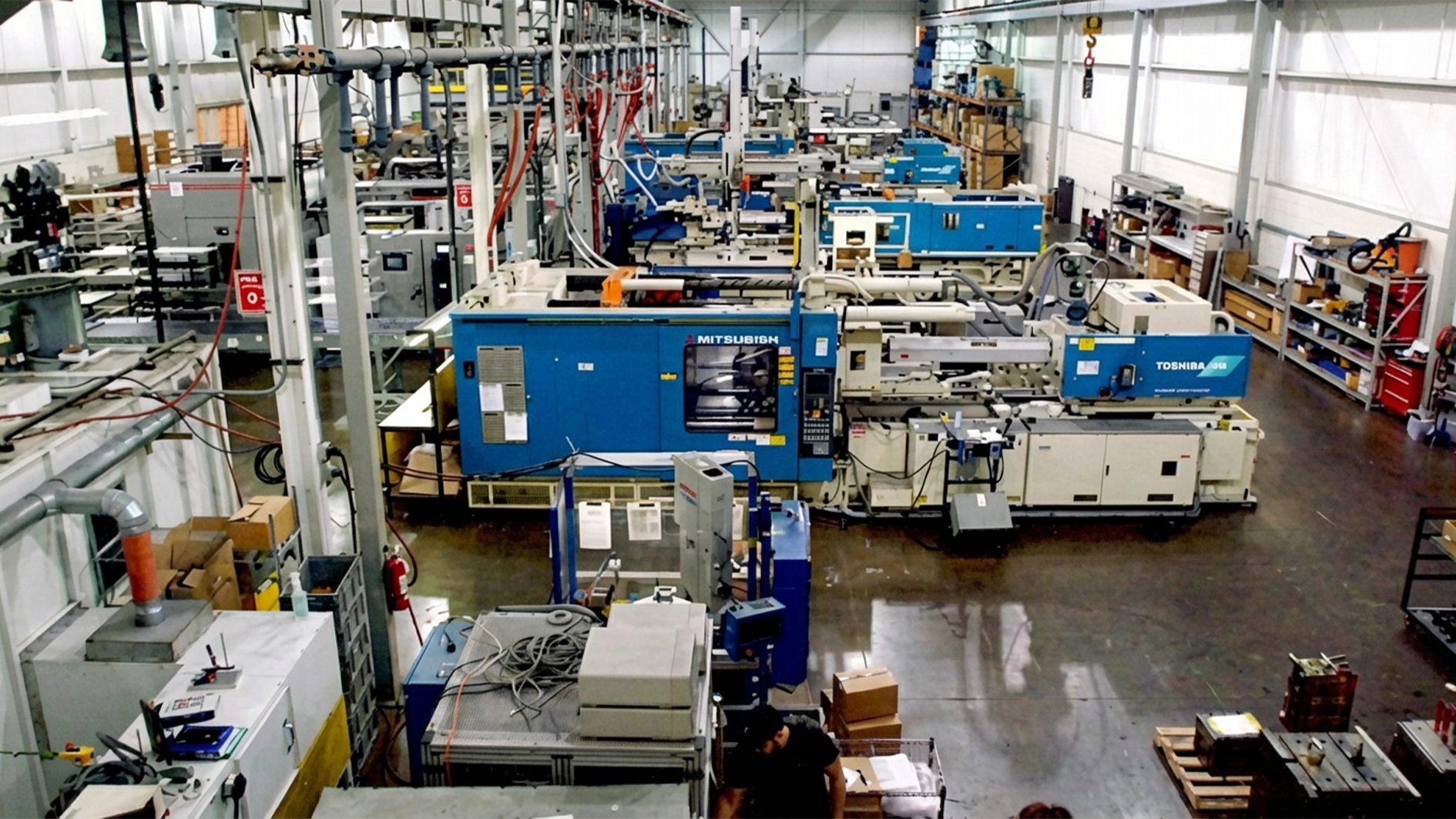
The project, will put Nigeria on the global map as major oil and gas hub in Africa, the Group Executive Director, Devakumar Edwin, has hinted.
Nigeria currently imports large amount of its petroleum products due to the inability of refineries to utilize their full capacity.
For example, the National Bureau of Statistics (NBS) latest data showed that the downstream of the Nigeria oil and gas sector imported N812billion of Premium Motor Spirit (PMS) during the first quarter of 2018.
According to NBS, the country imported N349.45 billion worth of PMS in March 2018, representing the highest volume of petroleum product import during the quarter under review.
Specifically, the petroleum products importation statistics for first quarter 2018 reflected that 5.67 billion litres of PMS, 954.47 million litres of Automotive Gas Oil (AGO); 66.914 million litres of Household Kerosene (HHK); and 5122.067 million litres of Aviation Turbine Kerosene (ATK) were imported into the country in first quarter of 2018.
According to NBS, the months of March 2018 recorded the highest volumes of PMS imported into the country at 2.41 billion litres while the highest volume of AGO and HHK were imported in February and January 2018 respectively.
This continuous importation of petroleum products has exerted undue pressure on the nation’s external reserves and induced depreciation of the naira.
Edwin said that the Dangote Refinery therefore would help the Federal Government create a robust domestic refining sector that could reduce petroleum products imports and save the country from capital flight.
He stated: “The refinery is going to save a huge amount of foreign exchange out flow because, today, forex is being used in the importation of petroleum products and our foreign reserves are being heavily depleted.
And whatever little forex we are earning from the sale of crude oil, is being used to import petroleum products.
Our petroleum refinery is going to have a major beneficial impact on the economy in terms of foreign exchange savings.
“Secondly, the demand for Nigeria’s crude oil has reduced with the introduction of shale oil into the market.
Shale oil is equally as good as the Nigerian crude and it is available in substantial volumes.
Our biggest consumers like China and India have reduced their demand because they could get similar products.
Even earlier, they had started focusing on heavier crudes because they believed that they could make more money.
Our refinery will give an assured market for the Nigerian crude.
Speaking on the refinery update, he said: “We are currently building the world’s largest single line Refinery, Petrochemical Complex and the world’s second largest Urea Fertiliser plant.
“The Refinery will have the capacity to refine 650,000 barrels of crude oil per day.
The petrochemical plant will produce 780 KTPA Polypropylene, 500 KTPA of Polyethylene while the Fertiliser project will produce 3.0 million metric tonnes per annum (mmtpa) of Urea.
“In addition, we are also building the largest sub-sea pipeline infrastructure in any country in the world, with a length of 1,100km, to handle 3 billion SCF of gas per day. We also plan to construct a 570 MW power plant in this complex.
As a matter of fact, gas from our gas pipeline will augment the natural domestic gas supply and we estimate an additional 12,000MW of power generation can be added to the grid with the additional gas from our system.”
[ad unit=2]






